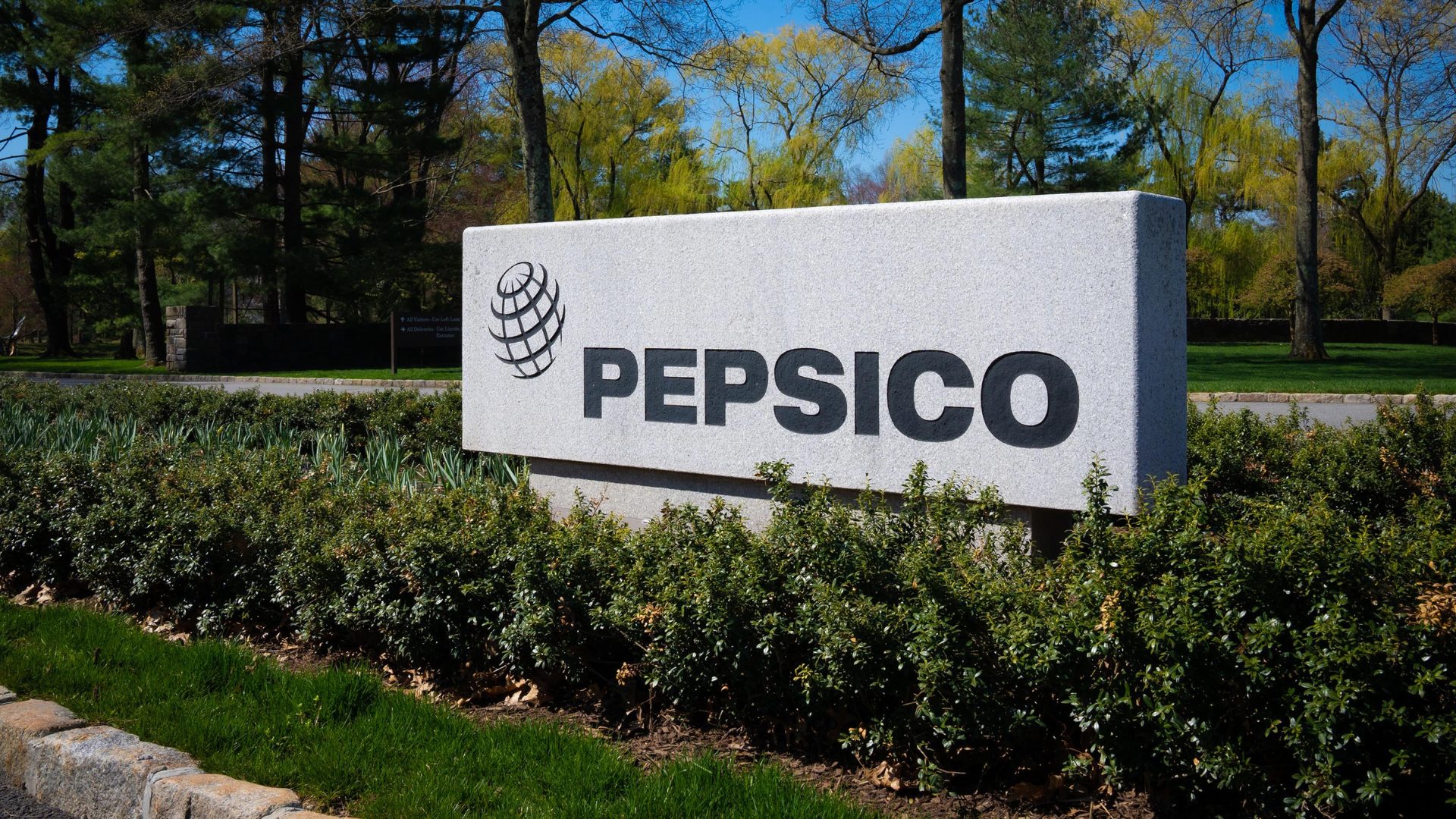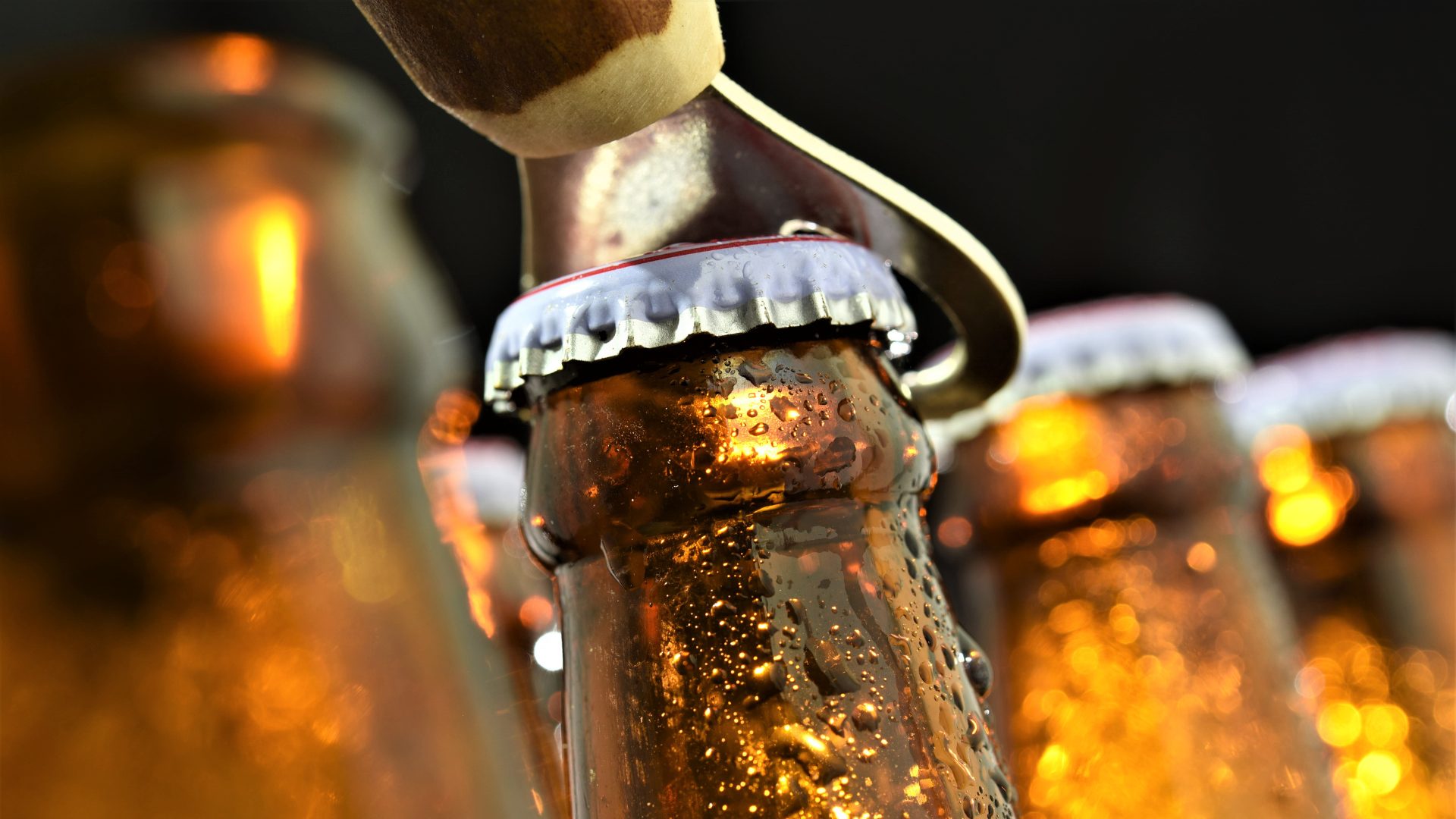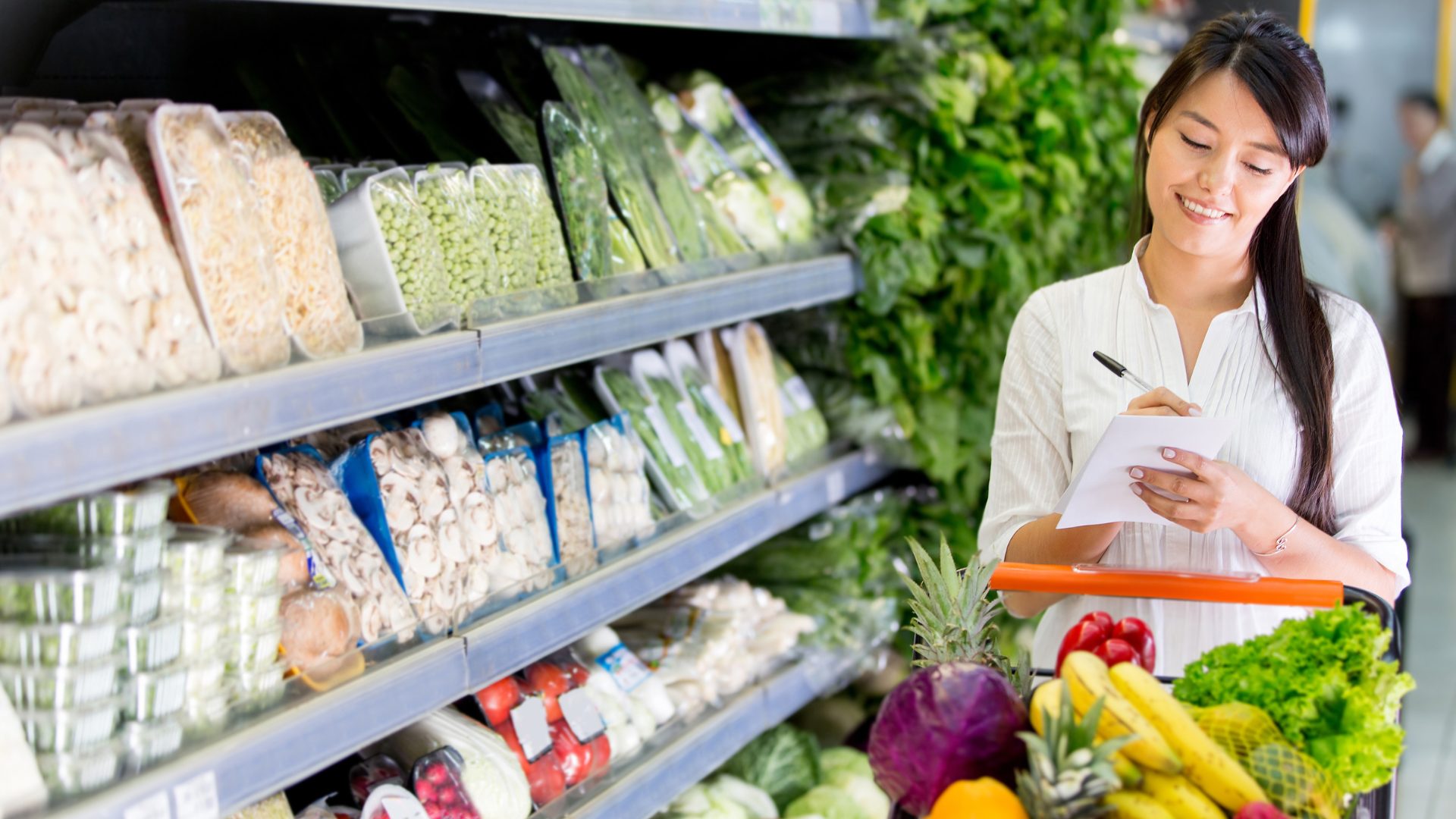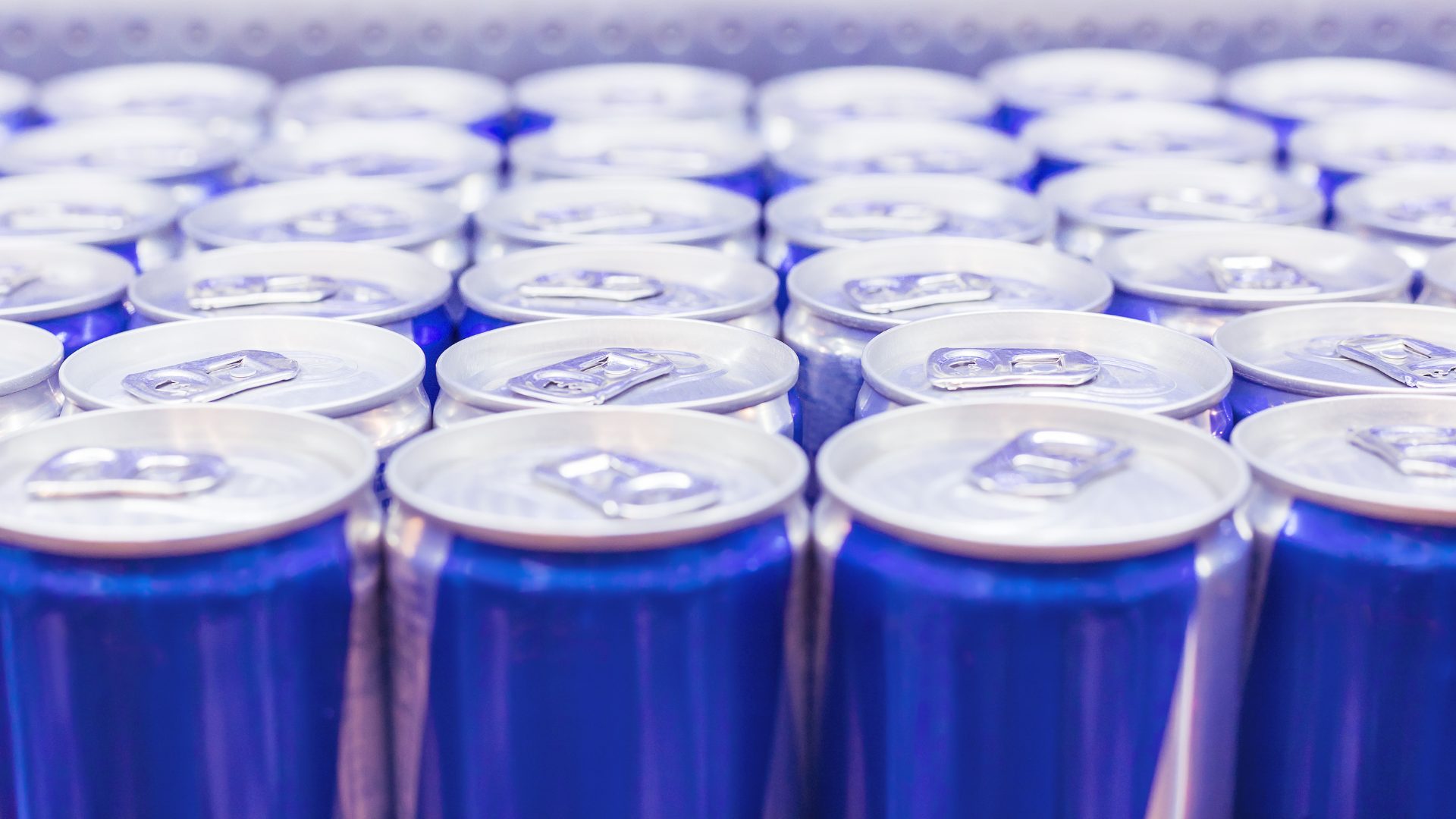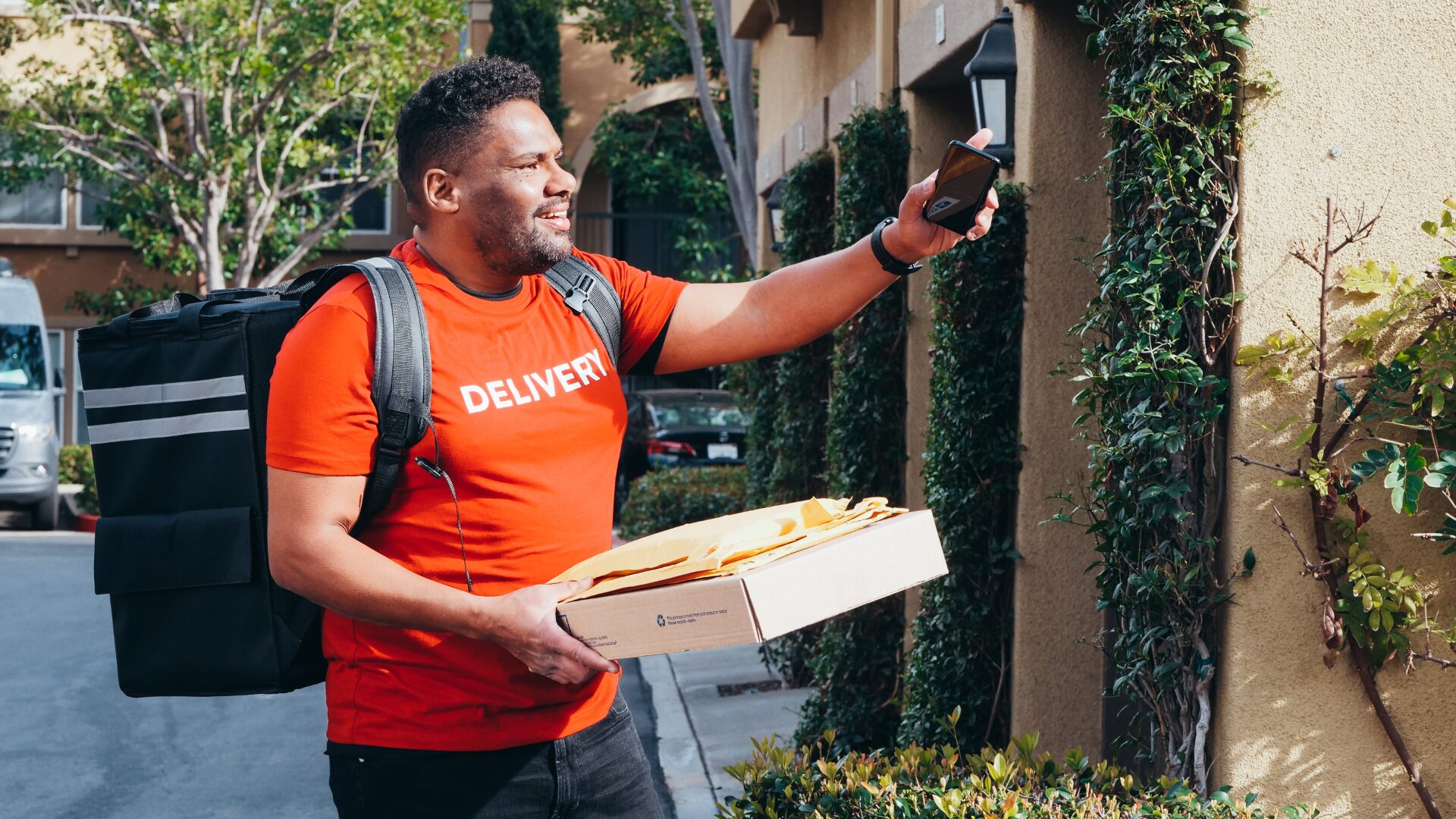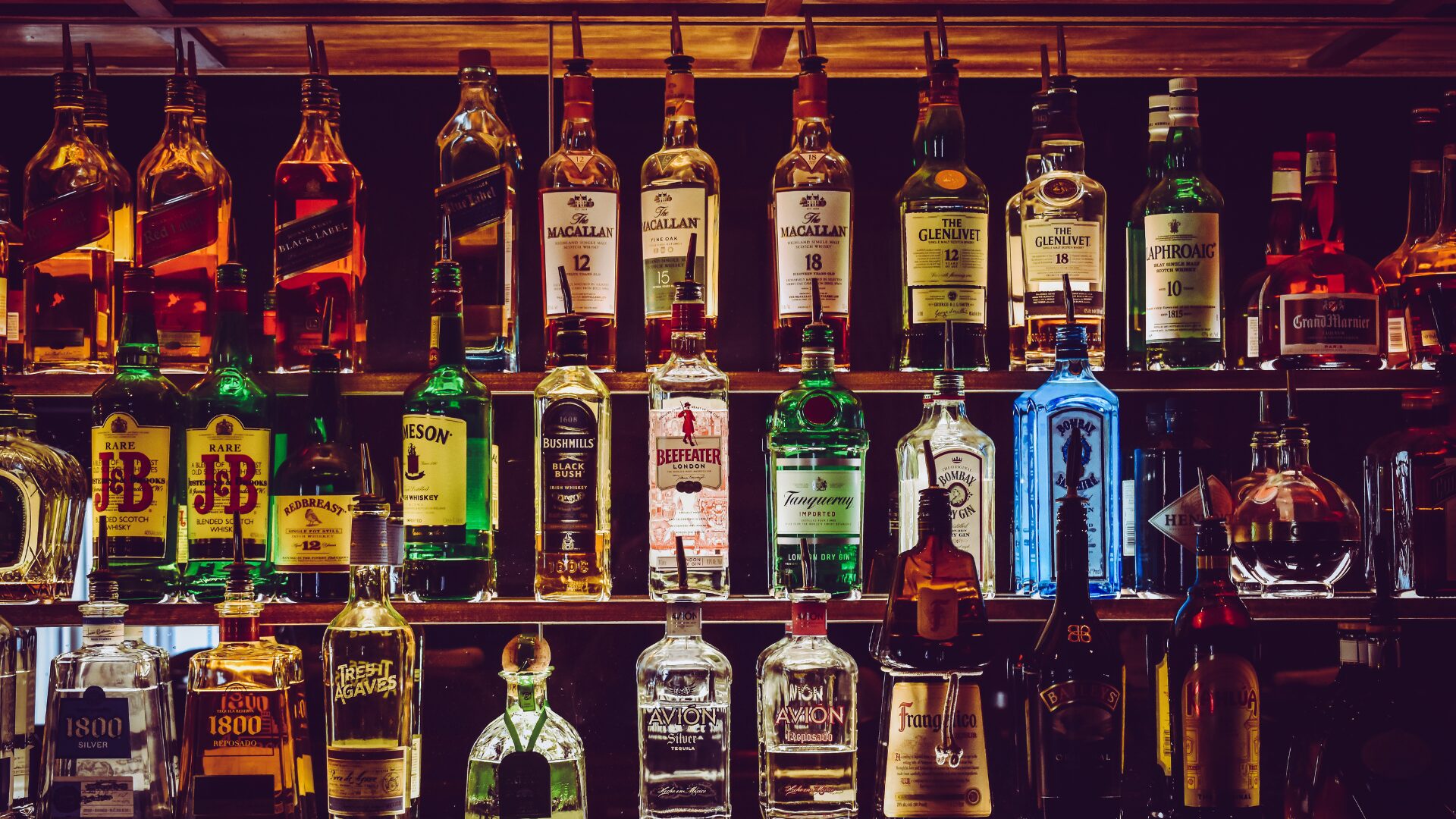Energy drink-maker Monster Beverage Corp and Constellation Brands Inc., which brews Corona beer, are reportedly in talks for a possible merger.
What would a Monster-Constellation mash-up mean?
Jameson Sharp, investment group partner and analyst with Neptune Capital, told The Food Institute acquiring Monster would give Constellation another means of competing against Anheuser Busch, which takes up 65% of the market.
MAJOR TRANSACTION IMMINENT?
Bloomberg first reported the discussions between Monster and Constellation (Nov. 21). The companies would have a combined market value of about $92 billion. It was unclear, however, what form the combined entity would take, nor was there any timetable given for a deal. Bloomberg noted any transaction would need the approval of the Sands family, which built Constellation. A major shareholder in Monster is Coca-Cola.
Constellation makes Modelo Especial, Svedka vodka and other alcohol-related products in addition to Corona. Monster produces such brands as Monster Energy, and Full Throttle Energy Drink.
The U.S. energy drink market totaled $19.63 billion in 2020, a report by ResearchAndMarkets.com showed. Total U.S. beer sales last year were pegged at $94 billion by the Brewers Association. Energy drinks are especially popular with those 18 to 29 years of age; Statista estimated in 2018 33.85% of those queried said they consumed such beverages regularly.
MERGER’S POTENTIAL RAMIFICATIONS
“We will see an entire new line of alcoholic beverage mixtures being produced for the growing market of energy drink infused alcoholic beverages,” Sharp predicted. “Right now, that market share is about 10% of store shelves, but growing market share is why it’s attractive to AB-InBev and major portfolio owners like Constellation,” he added, predicting Monster would gain market share in a merger.
“A Monster Beverages and Constellation Brands merger, or other type of deal, would create the business opportunity to apply an edgy brand in an edgy category. …” said consultant David Pring-Mill, founder of Policy2050.com.
Another possible synergy could come from beverages infused with CBD, which could counteract the jitters produced by caffeine, Liam Hunt, financial writer and analyst at SophisticatedInvenstor.com, told The Food Institute.
“The ongoing negotiations could signal Monster Beverage Corp.’s intent to make a play in the CBD beverage market,” Hunt said. “Infusing the two ingredients may prove successful as a novel product,” Hunt said.
“However, any sale or acquisition would likely hinge on Coca-Cola’s willing participation as a key minority stakeholder in Monster. There is doubt that Coca-Cola would tolerate any potential harm to its brand by Monster carrying CBD beverages or, in foreign markets such as Canada, THC beverages. Any resistance from Coca-Cola would almost certainly result in Monster walking away from the deal.”
OPENING A CAN OF WORMS?
Statista estimates CBD-infused drinks will make up $1.4 billion of the U.S. beverage market by 2023, 16 times greater than its 2018 size.
Pring-Mill said bringing CBD-infused drinks to market could prove problematic, however, given regulatory concerns. And so-called functional beverages have struggled to deliver on promised benefits.
Sharp cautioned more widespread availability of caffeine-laced alcoholic beverages could present a major health risk.
“Large corporations rarely consider the damage of these alcohol-infused energy drink beverages. And I feel that’s a mistake,” he said. “But that is a growing concern for regulators on Capitol Hill because this does affect healthcare and public policy. Definitely something to consider.”






